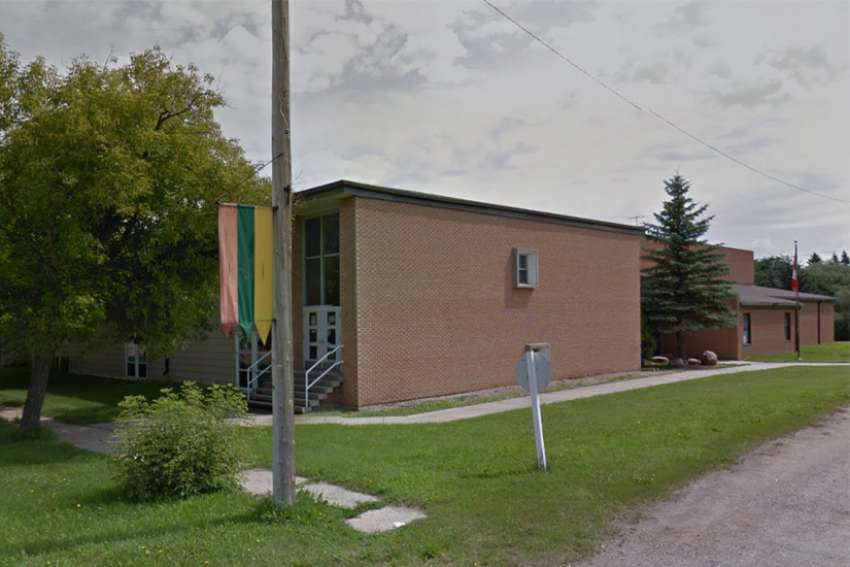The province’s highest court overturned a 2017 court ruling by Justice Donald Layh that would have prevented provincial funding of non-Catholic students attending Catholic schools.
“We are relieved, reassured and grateful for this decision,” said Tom Fortosky, executive director of the Saskatchewan Catholic School Boards Association, in a statement following the March 25 ruling. “Even though the Government of Saskatchewan had assured us they would do whatever is necessary to protect your choice for your child’s education, this ruling confirms what we have said and believed all along: parents know what is best for their children and they should be able to choose Catholic, faith-based education if that is what they want — no matter their reasons, faith backgrounds or traditions.”
The association, however, is not relaxing its defences, said Fortosky. The public division is reviewing its decision and consulting its membership to decide if an appeal should be launched to the Supreme Court of Canada. So likewise, the Catholic division and its lawyers remain on guard and are reviewing the decision as well should there be an appeal.
Fortosky believes there is strength in the Saskatchewan court coming to a unanimous decision. The Supreme Court doesn’t necessarily have to hear an appeal, and he thinks the court may not want to overturn a decision agreed to by all members of the Saskatchewan Court of Appeal.
“I think it bodes well for us that it was a unanimous decision,” he said.
The case has played out since 2005 when the York School Division (now Good Spirit) first filed a complaint against what is now the Christ the Teacher School Division. The complaint centred on the Catholic division establishing St. Theodore Roman Catholic School in the rural town of Theodore after the public division closed the school due to a lack of enrolment. Parents rallied to save the school to keep their children from being bused to Springside, 17 kilometres away.
The public division argued Catholics made up only a small proportion of the school population and that the mandate of Catholic schools should be limited to the education of Catholic students.
It wasn’t until 2015 that the case made its way to a Yorkton courtroom, and not until 2017 when Layh ruled in favour of the public board. The provincial government of then-premier Brad Wall quickly invoked the notwithstanding clause, which allowed the status quo to stand for five years.
“Our system has been in place in excess of 100 years,” Saskatchewan Party Minister of Education Don Morgan said at the time. “The choice option has been there and it’s worked well. We’ve built our infrastructure around that. We’ve built neighbourhoods around that type of school system. We would use the notwithstanding clause on an ongoing basis to ensure that those choices remained.”
The school boards association, however, couldn’t rely on the Saskatchewan Party being in power forever and sought a permanent solution to put an end to this once and for all instead of relying on the notwithstanding clause being invoked every five years.
Fortosky thanked the many donors who funded the cost of the appeal. A campaign was launched in 2017 to cover these costs so that scarce funds — the province had gone into cost-cutting mode to tackle an escalating provincial deficit at the time — would remain in the the classrooms of all eight Saskatchewan Catholic boards.
“A significant amount of time and money has been spent on this court case and we are hopeful that we can all refocus our energy and resources on our students and families to build upon the exemplary model of education we have in this province,” said Fortosky.
Some money remains in case an appeal is launched, but a new round of fundraising is likely should the case move up the legal system.
Catholic boards in other jurisdictions have kept an eye on the matter — Saskatchewan is one of only three provinces in Canada where Catholic education rights are enshrined in the constitution and fully funded, along with Ontario and Alberta (Manitoba and B.C. systems are partially funded — and are pleased with the outcome.
“We believe (Catholic education) is a fundamental right for parents and we’re very happy the Court of Appeal supported that,” said Pat Daly, past president of the Ontario Catholic School Trustees’ Association.


